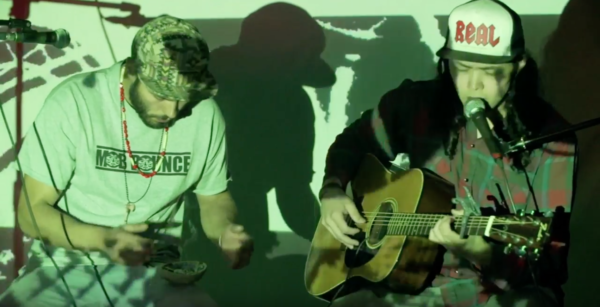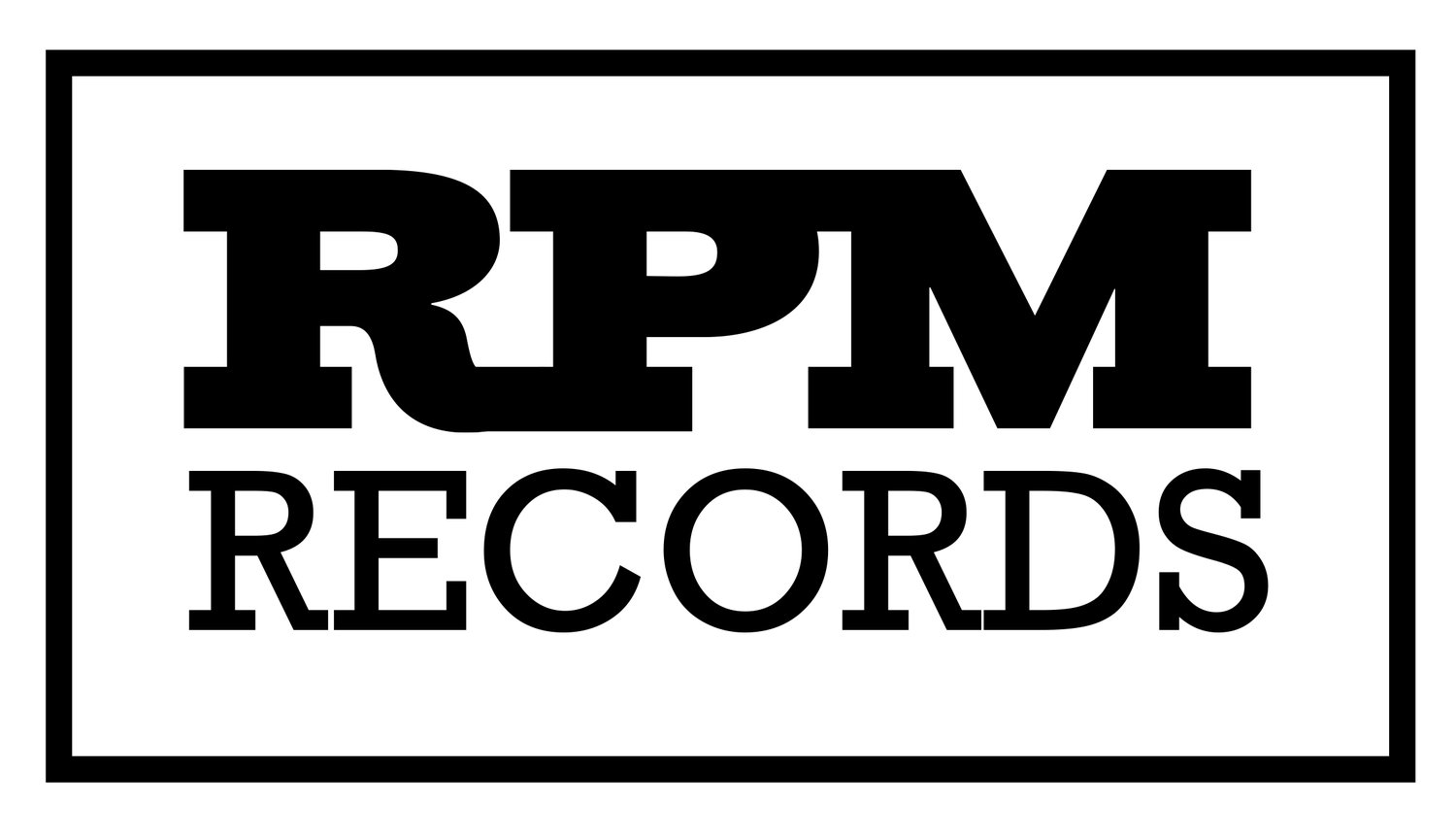Gemini and Juno award-winning Cree singer-songwriter Buffy Sainte-Marie recently sat down with Democracy Now to talk about the origins of her love for music, her early family life, and her life as an activist. CBC Music documentary maker Philip Coulter also recently honored Sainte-Marie and her nearly 50 year-long career with a piece created from over 30 years of archived interviews with the singer, songwriter, visual artist and activist.
Originally from the Piapot Cree Indian reserve in the Qu'Appelle Valley, Saskatchewan, Canada, she was raised in Wakefield, Massachusetts, before being welcomed back to the Piapot Cree during a Pow Wow ceremony in 1964. During the course of her career, Buffy Sainte-Marie has received honorary Doctor of Laws and Letters degrees from a variety of reputable institutions such as the University of Regina in her home territory of Saskatchewan, and Emily Carr University and the University of British Columbia in Vancouver, BC, among others. In the last 48 years she has put out eighteen albums. Buffy Sainte-Marie has been covered by Donovan, Joe Cocker, Neil Diamond, Giovanni, Janis Joplin, Courtney Love and many others.
During these two interviews, Ms. Sainte-Marie recalls memories from the 1960's era of grassroots social movements, when she was just beginning her career as a traveling singer-songwriter. At that time, Ms. Sainte-Marie was traveling to cafes and campuses around North America, writing and performing songs that weren't typically found in mainstream music which, as she describes them, were "original to me, but an absorption and a reflection of what I was seeing on the streets and in college campuses."
It was a time when reactionary political activism in resistance to the Vietnam War and other political injustices had spread throughout student unions and subcultures across North America. Many artists had taken stances on political issues - John Lennon and Yoko Ono, Bob Dylan, and many others began using music to speak out against corruption and human rights violations being perpetrated by both foreign and domestic governments. On the show, Ms. Sainte-Marie performs her 1964 anthem Universal Soldier, a song portraying anti-war sentiment sewn through and through which speaks to the political climate at that time. "I wrote Universal Soldier in the basement of The Purple Onion coffee house in Toronto in the early sixties. It's about individual responsibility for war and how the old feudal thinking kills us all."
It is inspiring to hear Ms. Sainte-Marie speak of her convictions and her motivations for being onstage, as she tells Democracy Now that it was always the messaging in her music that she felt protected by and which gives her the confidence to be on stage. She describes her motivation for writing Now That The Buffalo Is Gone, a song written during the Seneca Nation's battle with the United States in its effort to build the Kinzu Dam, which would eventually flood their traditional territories and force hundreds of Seneca to relocate from 10,000 acres of land they had occupied under the 1794 Treaty of Canandaigua. Ms. Sainte-Marie acknowledges the unbalanced and often biased perspectives offered by mainstream media as a motivating factor in writing the song, which speaks to the damage that misrepresentation can cause in relations between First Nations and surrounding national governments - a challenge which sounds all too familiar 50 years later.
This author has grown up hearing the songs of Buffy Sainte-Marie from the tops of kitchen tables in many family member's homes, and for that reason, it is an honor to present this article and these two interviews for RPM's readers. Enjoy.
Watch: Democracy Now's Full Length Interview with Buffy Sainte-Marie below:

In the course of creating the documentary Still This Love Goes On: The Songs of Buffy Sainte-Marie, Philip Coulter listened to literally hours and hours of the CBC Radio interviews the songwriter gave over the past 30 years. Coulter reacquainted himself with Sainte-Marie's body of work (eighteen albums since 1964) and had his own face-to-face interview with her in Calgary this past April.
To listen to Still This Love Goes On: The Songs of Buffy Sainte-Marie by Philip Coulter at CBC Music, click here.









